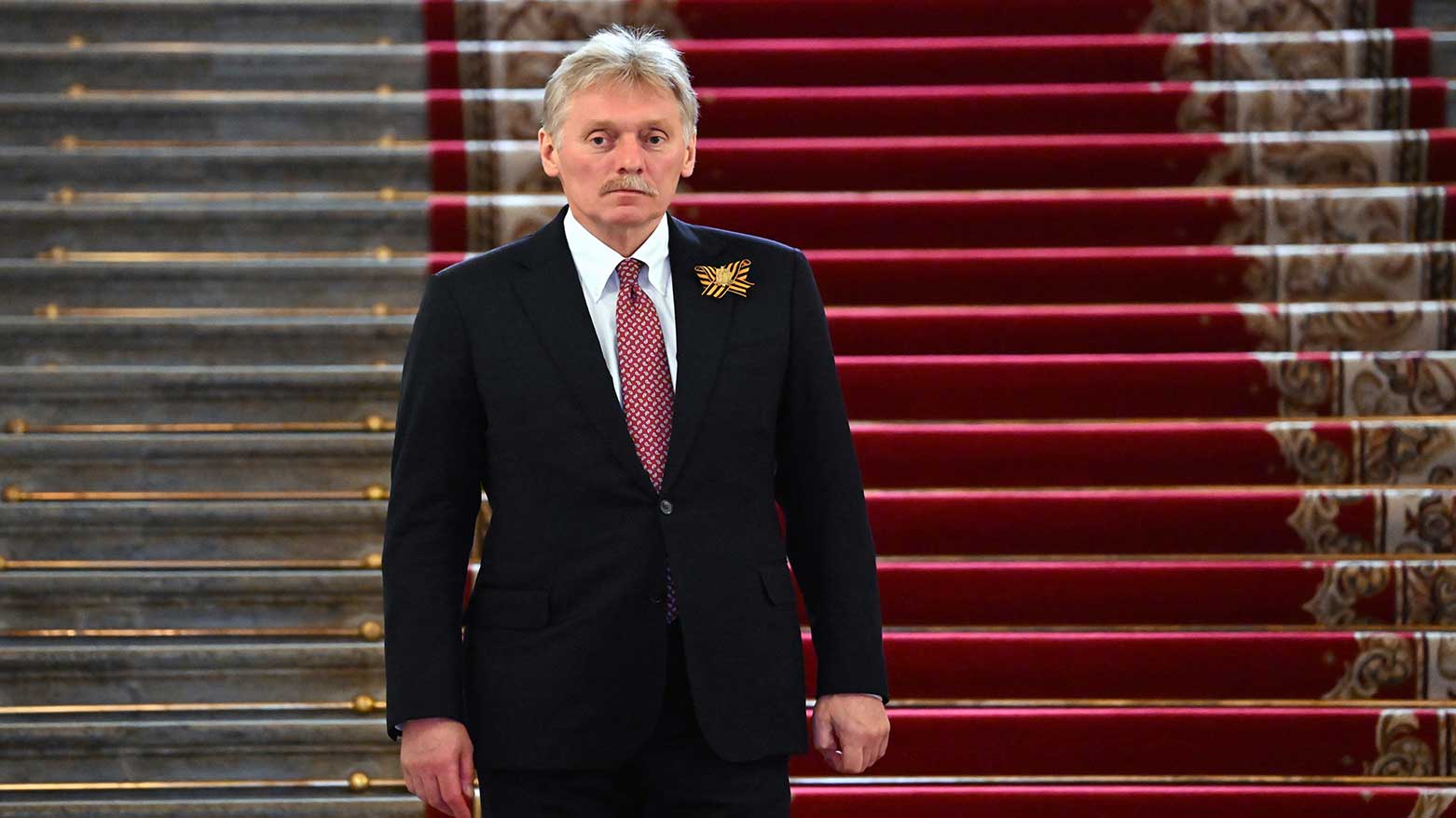Kremlin Rejects European Peacekeeping Role in Ukraine, Rules Out Quick Putin-Zelensky Summit
Peskov reiterated that Moscow’s opposition to NATO’s military presence in Ukraine was among the key reasons for Russia’s full-scale military operations launched in February 2022.

ERBIL (Kurdistan24) — The Kremlin on Wednesday dismissed the prospect of European countries sending peacekeeping forces to Ukraine and downplayed the possibility of an imminent summit between Russian President Vladimir Putin and Ukrainian President Volodymyr Zelensky.
“We view such discussions negatively,” Kremlin spokesman Dmitry Peskov told reporters when asked about proposals for a European peacekeeping deployment as part of a potential deal to end the ongoing conflict.
Peskov reiterated that Moscow’s opposition to NATO’s military presence in Ukraine was among the key reasons for Russia’s full-scale invasion launched in February 2022.
While Kyiv continues to push for Western-backed security guarantees to prevent future Russian aggression, Moscow has insisted that any settlement must include Ukraine ceding more territory in its east.
Peskov stressed that security guarantees for Ukraine are “one of the most important topics” under negotiation, but refused to discuss details publicly.
The Kremlin also pushed back on speculation about a high-level meeting between Putin and Zelensky. “Any high-level or top-level contact must be well-prepared to be effective,” Peskov said.
He added that while the heads of the Russian and Ukrainian negotiating teams remain in touch, no date has been set for further talks, according to AFP.
The comments come almost two weeks after a high-profile meeting between Putin and U.S. President Donald Trump in Alaska, where Ukraine dominated the agenda. While no breakthrough was announced, the encounter highlighted Washington’s renewed role in shaping the trajectory of the conflict during Trump’s second term.
Previous attempts at dialogue have yielded little progress. Three rounds of negotiations held in Istanbul produced only limited prisoner exchanges, with Moscow insisting that Ukraine withdraw its forces from four regions — Donetsk, Kherson, Luhansk, and Zaporizhzhia — that Russia claims to have annexed but does not fully control. Kyiv has rejected such demands outright, calling them unacceptable preconditions.
On the battlefield, Russia continues to press ahead despite the lack of diplomatic breakthroughs. Ukrainian officials said Russian strikes on Wednesday targeted energy and gas transport infrastructure in six regions, killing three people and leaving more than 100,000 households without power.
The Ukrainian energy ministry condemned the attacks as part of Moscow’s “deliberate policy of destroying civilian infrastructure on the eve of the heating season,” warning of a worsening humanitarian situation as colder weather approaches.
Local authorities reported that heavy shelling in the Kherson region struck a farm, killing two employees, while an overnight attack on the regional capital claimed the life of an 81-year-old woman. Meanwhile, widespread blackouts affected homes across Poltava, Sumy, and Chernihiv.
Russia, which now controls about one-fifth of Ukraine, has made slow but steady gains in recent months through a grinding campaign that has stretched Kyiv’s smaller and outgunned forces.
